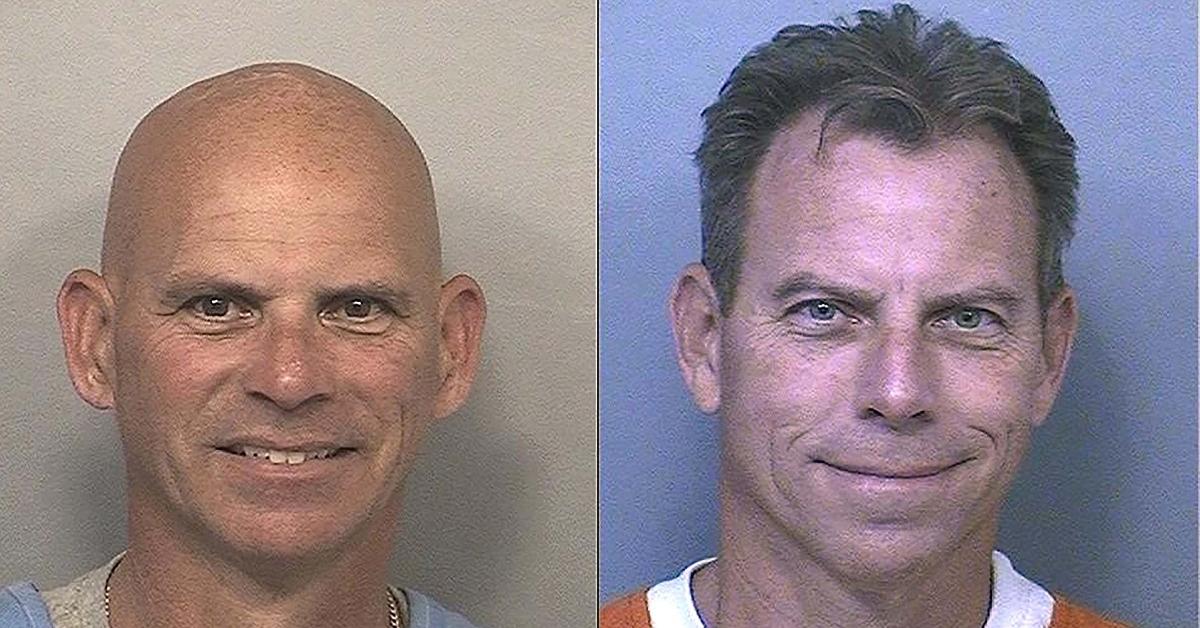Netflix Released Both a Series and Documentary About the Menendez Brothers — Were They Paid?
Somehow the Son of Sam is involved in whether or not the Menendez brothers can get paid for their story.
Published Oct. 11 2024, 2:38 p.m. ET

A lot of people benefit from both crime and true crime. Honestly, it's often incredibly hard to distinguish between the two. From the journalists covering a story to the talking heads dissecting it, right on down to an author penning a book about a serial killer, crime does pay. The question is, who gets the money?
Netflix has become the go-to place for all things true crime for a very good reason. The wildly popular streaming service produces top-notch documentaries and fictionalized series that never fail to spark conversation. Whether people are for or against what Netflix is doing, they always seem to tune in. This is particularly true for Monsters: The Lyle and Erik Menendez Story which was followed by a documentary about the siblings. This begs the question, did Netflix pay the Menendez brothers?

Did Netflix pay the Menendez brothers? All signs point to no.
Although there have been no public statements regarding financial compensation for the Menendez brothers, it's unlikely they were paid by Netflix. Monsters creator Ryan Murphy did not have to pay the Menendez brothers for the use of their story, because it is part of the public domain. Transcripts of the trial also remain open to the public unless they are legally sealed. In this particular case, a simple Freedom of Information Act (FOIA) request could get anyone access to agency records.
On Sept. 19, 2024, the day Monsters was released, Lyle Menendez's wife Rebecca Sneed posted about the series on the Facebook page she runs for her husband. In it, she accused the writers and creators of making the show purely to profit off their story. She doesn't expressly say whether or not Lyle or his brother Erik were compensated, but her tone suggests that they were not.
Even if they wanted to, Erik and Lyle Menendez cannot profit from their own story. In 1977, the New York State Assembly passed what became known as the Son of Sam Law, which required "that a convicted criminal’s income from creative works describing their crimes must be deposited in an escrow account," which was then disseminated amongst the families of victims. More than 40 states proceeded to pass a similar law, per Psychology Today.
In 1987, the Supreme Court declared the Son of Sam Law to be unconstitutional. Publishing giant Simon & Schuster sued New York claiming their First Amendment rights were violated when they were forced to pay royalties to victims for a book about Henry Hill. It would later be made into Goodfellas. California subsequently amended their law to include "persons actually convicted of felonies and exempted those works that had merely 'passing mention of the felony, as in a footnote or bibliography.'"
The Menendez brothers are of course convicted felons whose full stories were told by Netflix in both Monsters and the documentary that followed.